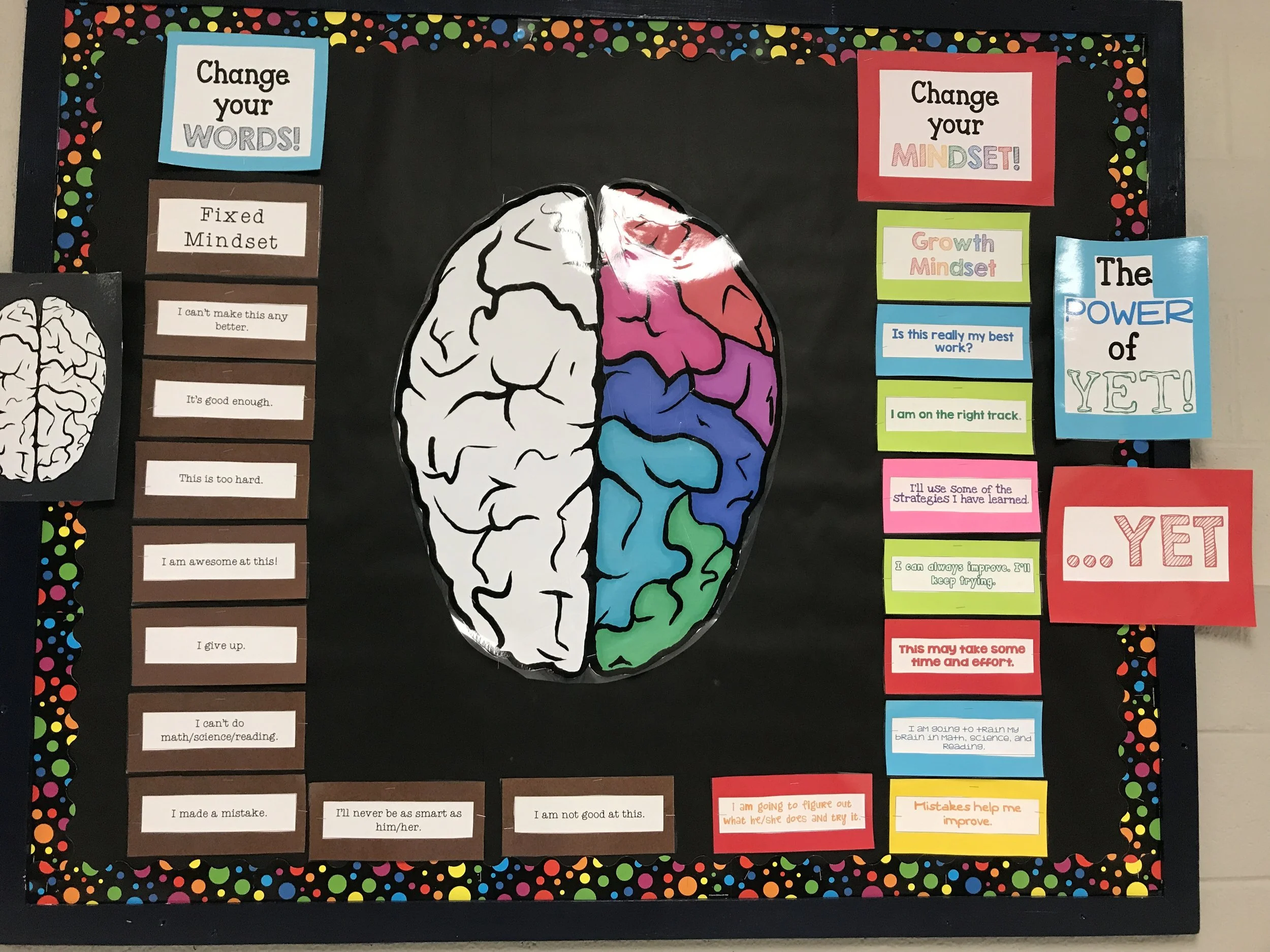How Did I Get Here?
My passion for college counseling didn’t begin with my first job as a counselor in Breckenridge, Colorado—it began a couple years later, during a difficult moment in my daughter’s elementary school. After she was diagnosed with a learning disability, I was devastated. She was in the top reading group, but her struggles were invisible. Despite being smart, she had developed ways to avoid reading aloud. As a school counselor, I knew that students like her rarely got the support they needed.
We were lucky when she was accepted to the Carolina Day Key School in Asheville, where she received the right interventions and learned to advocate for herself. But it took years for her to manage the anxiety that came with her learning challenges. From this experience, I learned that while intervention is crucial, focusing on a student’s strengths is just as important.
“Building up a weakness just makes you less disabled. Building a strength can take you to the top of the world”
My daughter’s love for soccer became a big part of her life, and I took on the role of Compassionate Schools Coordinator, helping educators understand how chronic stress affects learning. I wanted to make a difference for students who, like my daughter, didn’t fit the traditional educational model.
An Example of Implementing the Compassionate Schools Initiative (Buncombe County Schools)
When it was time for my daughter to choose a college, we navigated the balance between academics and athletics. After touring MIT, she said, “The kids there build rollercoasters for fun. Honestly, I’d rather ride them and watch Netflix when I’m relaxing.” That moment was a turning point—she needed a place where she could thrive both academically and personally. She found that fit at a small Division 1 liberal arts college in South Carolina, where she excelled in business, soccer, and personal growth. Now, she’s pursuing a career in finance.
It Will Work Out, Trust the Process (Furman University)
As an empty nester, I returned to college counseling, working at Montverde Academy in Florida with student-athletes who were performing at all levels. I loved helping them find colleges that fit their unique strengths, just as I had helped my daughter. I also enjoyed working with students with disabilities, helping them share their stories through the college application process.
Eventually, I left my school position to start my own practice, wanting to be there for my daughter’s final collegiate season. College applications can be overwhelming, but every student has a story worth telling. Sometimes, they just need guidance to uncover it.
Final thoughts: If you’re ever scared for your child’s future, cry if you need to. Then, learn everything you can and build a support system of people who see and appreciate your child’s strengths. It’ll work out—sometimes even leading to a new career.



